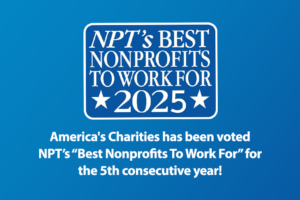Sarah Ford | October 14, 2014
A Psychotic Episode Shouldn’t End in a Jail Cell
By Kara Dansky
Michelle Mata wants to be treated the way you would want your mom to be treated.
She’s an aunt and a neighbor. She likes line dancing. And she suffers from major depressive disorder with psychotic features.
When people like Michelle have a mental health crisis, people often call the cops. The situations are scary and frustrating for everyone involved. The police often don’t know how to interact with those in a crisis, and those suffering from a crisis are terrified that the police may use excessive force.
The state of mental health services in this country is unacceptable. Instead of social workers, we have armed law enforcement officers. Instead of treatment facilities, we have prisons and jails. More than half of the people behind bars have shown recent symptoms of mental health problems. The Cook County Jail in Chicago is now the biggest single-facility provider of mental health services in the country. Nearly $9 billion per year is spent locking up people struggling with mental illness. And 356,368 severely mentally ill people were imprisoned in 2012.
But correctional control isn’t helping. Many people leave the system worse off, having gone without treatment and services that could have changed the course of their life. Too often, this means they keep coming back instead of getting better.
Get Resources and Insights Straight To Your Inbox
Explore More Articles
For Fifth Consecutive Year America’s Charities Named ‘Best Nonprofit To Work For’
Washington, D.C. – April 1, 2025 – America’s Charities, the nonprofit that mobilizes the power of giving as a leading provider of volunteering, workplace giving,…
Read ArticleWorkplace Fundraising + Volunteering Summit (April 2nd and 3rd, 2025)
Join us in attending this virtual summit! The America’s Charities team is joining up with other leading voices in the workplace giving space for a…
Read ArticleThe Time to Act is Now
The results of the 2024 National Assessment of Educational Progress (NAEP) are in, and the findings are, in a word, heartbreaking. This assessment serves as…
Read ArticleGet Resources and Insights Straight To Your Inbox
Receive our monthly/bi-monthly newsletter filled with information about causes, nonprofit impact, and topics important for corporate social responsibility and employee engagement professionals, including disaster response, workplace giving, matching gifts, employee assistance funds, volunteering, scholarship award program management, grantmaking, and other philanthropic initiatives.




